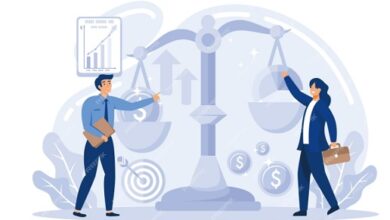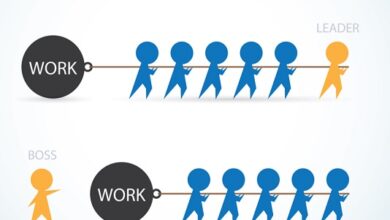Economics/Business
Economics
Economics is the social science that studies how individuals, businesses, governments, and societies allocate scarce resources to satisfy their unlimited wants and needs. It is concerned with the production, distribution, and consumption of goods and services, and the decisions and behaviors of individuals and institutions that shape these processes.
By reading the intensive articles of Englopedia.com you will grasp that it is a broad field that encompasses various branches and subfields, including microeconomics, macroeconomics, international economics, labor economics, behavioral economics, and many others. Microeconomics focuses on the behavior of individuals and firms, while macroeconomics looks at the overall performance of the economy, including issues such as inflation, unemployment, and economic growth. International economics examines the flow of goods, services, and capital across borders, while labor economics focuses on the behavior of workers and employers in the labor market.
Englopedia will make you aware that Economists use a range of tools and techniques, such as mathematical modeling, statistical analysis, and experimental methods, to study and analyze economic phenomena. They aim to understand how markets work, how individuals and institutions make decisions, and how public policies and institutions impact economic outcomes.
Through the leading articles of Englopedia you will realize that Economics has significant implications for individuals, businesses, governments, and societies, as it can inform decisions related to investments, production, taxation, trade, and social welfare policies. It is a crucial field of study for understanding the functioning and dynamics of modern economies and for addressing pressing global issues, such as inequality, climate change, and economic development.
-

What is organizational structure its five types benefits and Who is responsible
What is organizational structure? The organizational structure is the design of the organization and hierarchy of a company. There are different…
Read More » -

Importance of job description with making and Top tips and What to avoid
What is Job description? In this article we will provide you the Importance of job description with making and Top…
Read More » -

What is mentoring in the workplace and mentoring and coaching
What is mentoring? Mentoring in the workplace is the process of monitoring a new employee by a more experienced professional.…
Read More » -

How to show empathy at work benefits importance How to develop
How to show empathy at work Empathizing at work means having the ability to understand teammates’ point of view and…
Read More » -

Severance pay its working and calculation
What are severance pay? Before knowing what severance pay is, it is necessary to know what it is. These are labor…
Read More » -

Difference between soft skills and hard skills examples and importance
Soft skills and Hard skills In this article we will provide you the information about the Difference between soft skills…
Read More » -

Benchmarking definition its role categories and benefits
What is benchmarking? The definition of Benchmarking is the evaluation of relevant information from other companies in order to compare…
Read More » -

360 degree assessment its benefits Challenges and When to take
What is a 360 degree assessment? The 360 degree assessment , or 360 feedback , is a performance evaluation tool that considers the perceptions…
Read More » -

What is advance salary its advantages calculation and Entitlement
What is advance salary? The advance salary is the payment of a percentage of the salary to the employee before the…
Read More » -

Difference Between Leader and Boss and developing a good leader and boss
Leader and Boss The main difference between leader and boss is how power is exercised. Both have decision-making power and are…
Read More »